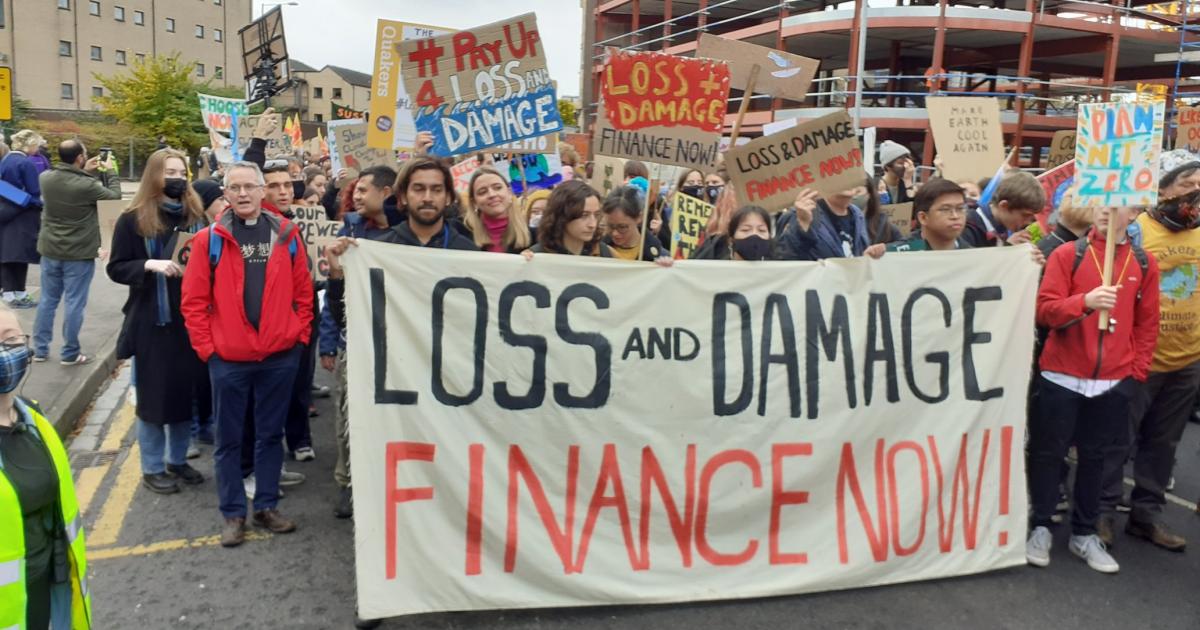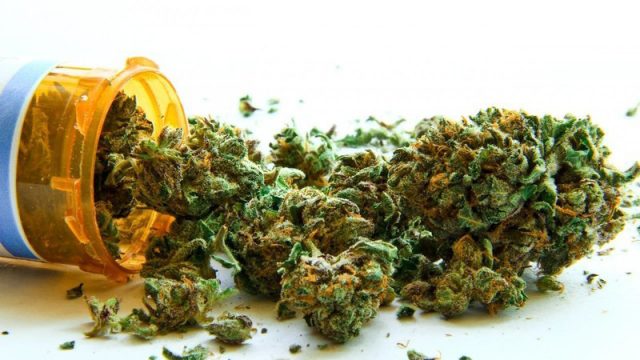IsLanD Advancement will significantly augment available data on the costs which Caribbean islands incur from climate change impacts, potentially enhancing access to much-needed climate funds for the region.
The Caribbean has recently been grappling with excessive heat stress due to elevated temperatures, humidity, and more frequent heatwaves, endangering vulnerable communities and heightening the risk of depleted agricultural yield, drought, coral bleaching, and more detrimental impacts to our economies and ecosystems.
Due to limited data and research, the costs of losses and damages from heat stress and heatwaves in the Caribbean have not been comprehensively quantified. Climate Analytics Caribbean is seeking to potentially remedy this and enhance the knowledge pool on loss and damage from climate change, with the launch of its Caribbean Loss and Damage dialogue and research project, IsLanD Advancement.
“Loss and damage is a major topic internationally, and it is imperative that Caribbean voices are at the centre of the discussion to ensure decisions are appropriate and beneficial for our countries which are on the front lines of climate change,” said Rueanna Haynes, Director, Climate Analytics Caribbean. “There is also an urgent need for a research agenda on loss and damage in the Caribbean to enable science-based policy and decision making on loss and damage in the region.”
This year, small island developing states will lead the call for world leaders to operationalise a Loss and Damage Fund to assist communities which are most vulnerable to climate change impacts. Climate Analytics Caribbean’s project aims to benefit the region by conducting extensive research and enhanced data collection and analysis on the extent of islands’ losses and damages, and identification of existing response gaps. This could potentially improve our countries’ access to loss and damage finance.
Regionally, climate change has led to detrimental impacts across the spectrum of life, including effects on agriculture and food production, human health, ecosystems and biodiversity, tourism, freshwater availability, energy production, livelihoods, human productivity, critical infrastructure and economic development. The Caribbean has experienced direct and indirect losses of over USD3 billion due to natural disasters associated with weather and climate events between 1970 and 2000 alone. Potential loss and damage facing the region is staggering. A study by the Caribbean Catastrophe Risk Insurance Facility (CCRIF) estimates that damages from winds, storm surge and inland flooding due to tropical storms could reach 1-9% of regional GDP by 2030, and IsLanD Advancement can potentially determine the actual dollar amount needed to address this damage.
The IsLanD Advancement project will be carried out in 14 CARICOM states: Antigua and Barbuda, Bahamas, Barbados, Belize, Dominica, Grenada, Guyana, Haiti, Jamaica, Saint Kitts and Nevis, Saint Lucia, Saint Vincent and the Grenadines, Suriname, and Trinidad and Tobago. It includes three components:
- Caribbean Research Agenda on Loss and Damage.
- Caribbean Dialogue on Loss and Damage, which will bring together government, civil society, academia, NGOs and the private sector to share relevant information and knowledge and discuss experiences with loss and damage at the local, community and national levels as well as options to address loss and damage in the Caribbean.
- Education and Public Engagement on loss and damage.
IsLanD Advancement, which is being funded by the Open Society Foundations with a budget of USD 300,000, will run for two years until June 2025.
“Research and analysis and dialogue on loss and damage must occur in tandem with information sharing, awareness-raising and communication activities which are culturally and contextually appropriate for the Caribbean,” said Sasha Jattansingh, Loss and Damage Expert, Climate Analytics Caribbean. “With IsLanD Advancement we aim to significantly enrich the knowledge pool of loss and damage impacts, costs, existing gaps and solutions in the Caribbean so our region will be in a much better position to respond in a sustainable manner and garner critical support from the international community.”




